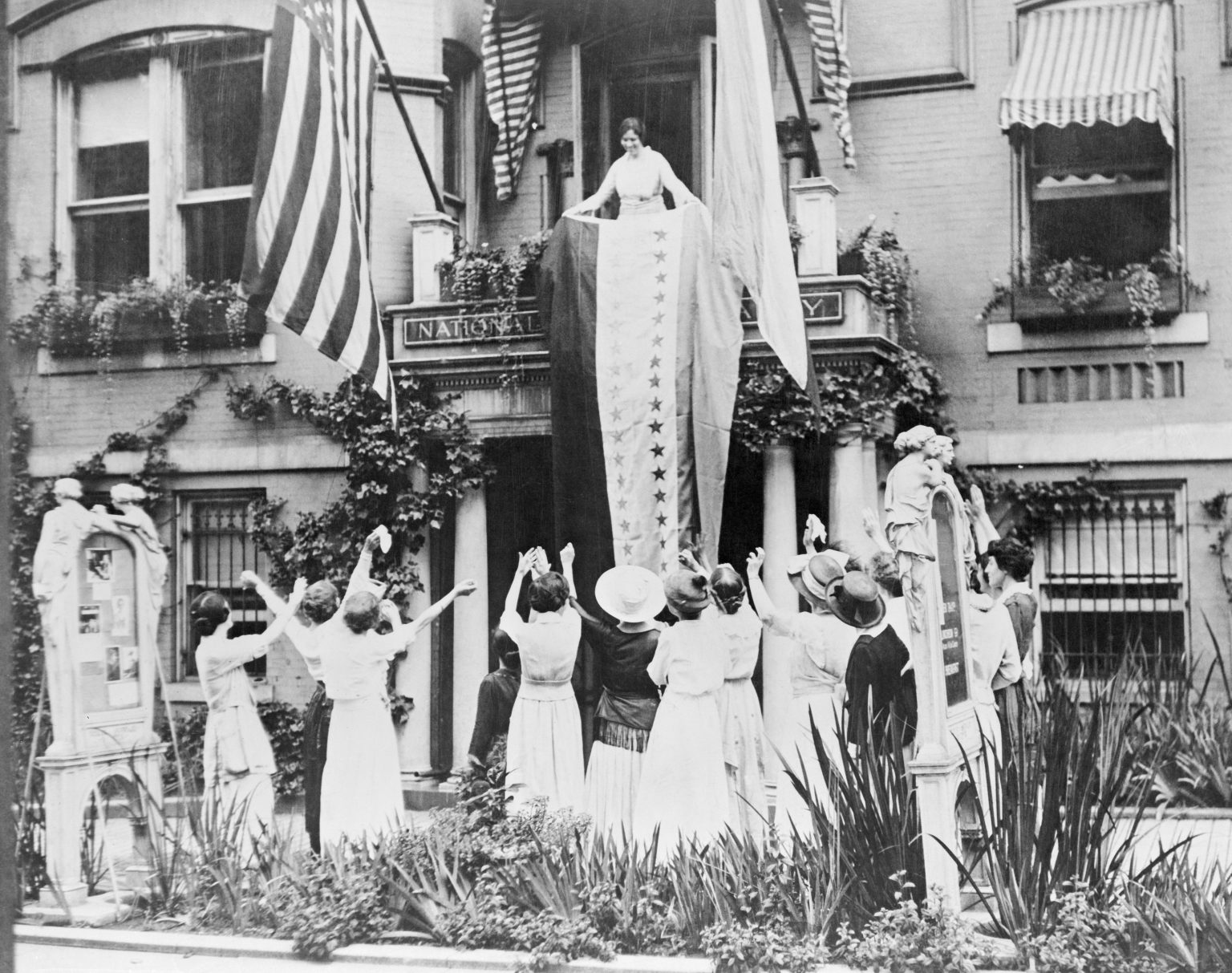The 19th Amendment to the U.S. Constitution, ratifying women the right to vote, was approved on August 18, 1920. Also known as the Susan B. Anthony Amendment, it marked a significant milestone in the fight for gender equality. Women in the U.S. first gained the right to vote in the Wyoming territory in 1869, and the nationwide effort to grant this right to all American women gained momentum with the midterm election of November 1918. After decades of debate and defeats, the amendment was finally approved by the Senate and sent on to the states for ratification.
The chance for the 19th Amendment to pass fell upon the Tennessee assembly in the summer of 1920. A young legislator and suffrage opponent, Harry T. Burn, changed his vote to support ratification after receiving a letter from his mother urging him to “vote for Suffrage.” This decisive vote broke a deadlock and ensured the amendment’s passage in time for millions of women to vote in the presidential election two months later. The amendment states that the right to vote shall not be denied or abridged based on sex, giving Congress the power to enforce this article through appropriate legislation.
The 19th Amendment was passed amidst a flurry of constitutional activity following World War I, similar to the Reconstruction Amendments after the Civil War. The 18th Amendment, passed just before the 19th, prohibited the sale of alcohol in the U.S., but was later repealed by the 20th Amendment in 1933. The global effort to grant women’s suffrage saw Norway become the first nation to allow women to vote in 1913, followed by Great Britain, Germany, and the Netherlands granting universal voting rights for women after World War I. France did not allow women to vote until 1944.
The passage of the 19th Amendment was a culmination of decades of struggle and advocacy by suffragists like Susan B. Anthony, who had championed the cause of women’s right to vote for years. The amendment’s brevity underscores its necessity, stating simply that the right to vote shall not be denied or abridged based on sex. The passage of the 19th Amendment allowed millions of women to participate in the democratic process and have a say in shaping the country’s future.
The ratification of the 19th Amendment marked a turning point in the fight for gender equality and women’s rights in the United States. It granted women the right to vote after years of struggle and paved the way for future milestones in the women’s rights movement. The amendment’s passage was a significant achievement in the fight for equality and reflected the dedication and perseverance of suffragists like Susan B. Anthony who had long advocated for women’s suffrage. The 19th Amendment remains a crucial part of the constitutional protections for gender equality in the U.S. and continues to serve as a reminder of the ongoing struggle for women’s rights.
The 19th Amendment was a historic milestone in the fight for gender equality, securing the right to vote for women and paving the way for future advancements in women’s rights. The passage of the amendment was the result of decades of advocacy and struggle by suffragists like Susan B. Anthony, who had long championed the cause of women’s suffrage. The amendment’s simplicity and brevity emphasize its necessity, stating that the right to vote shall not be denied or abridged on account of sex. The passage of the 19th Amendment allowed millions of women to participate in the democratic process and have a say in shaping the country’s future. As a landmark achievement in the fight for gender equality, the 19th Amendment continues to serve as a cornerstone of women’s rights in the United States.


